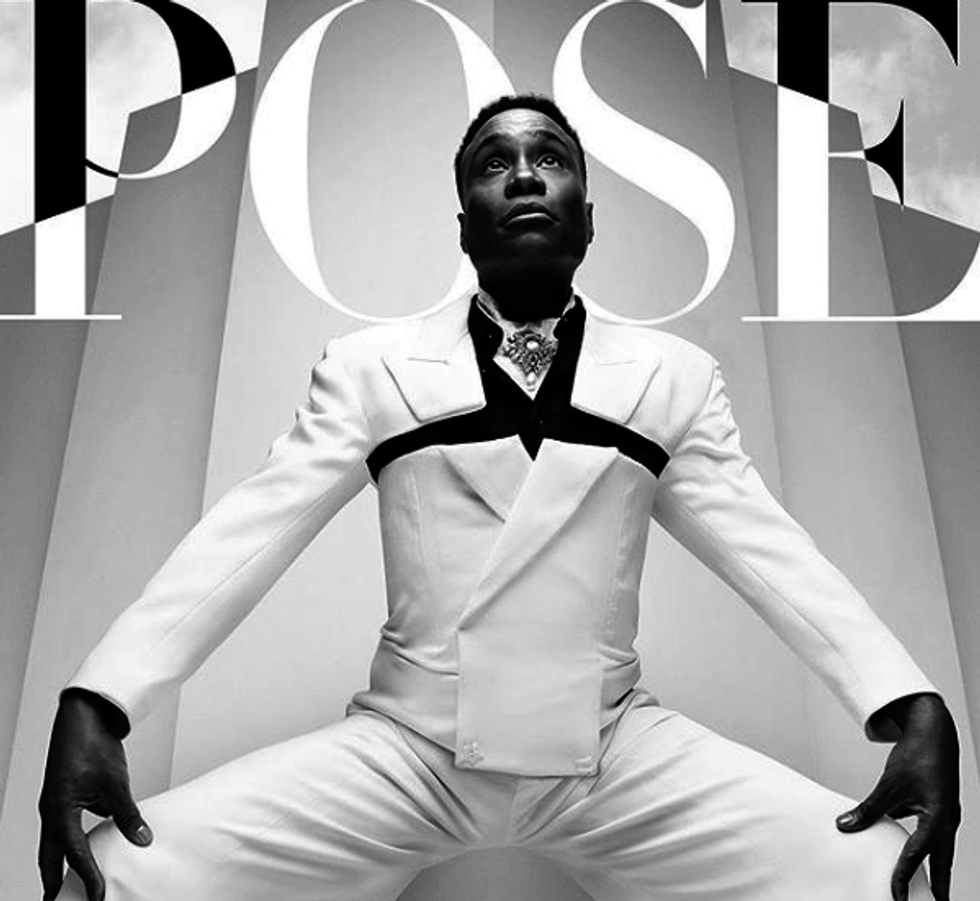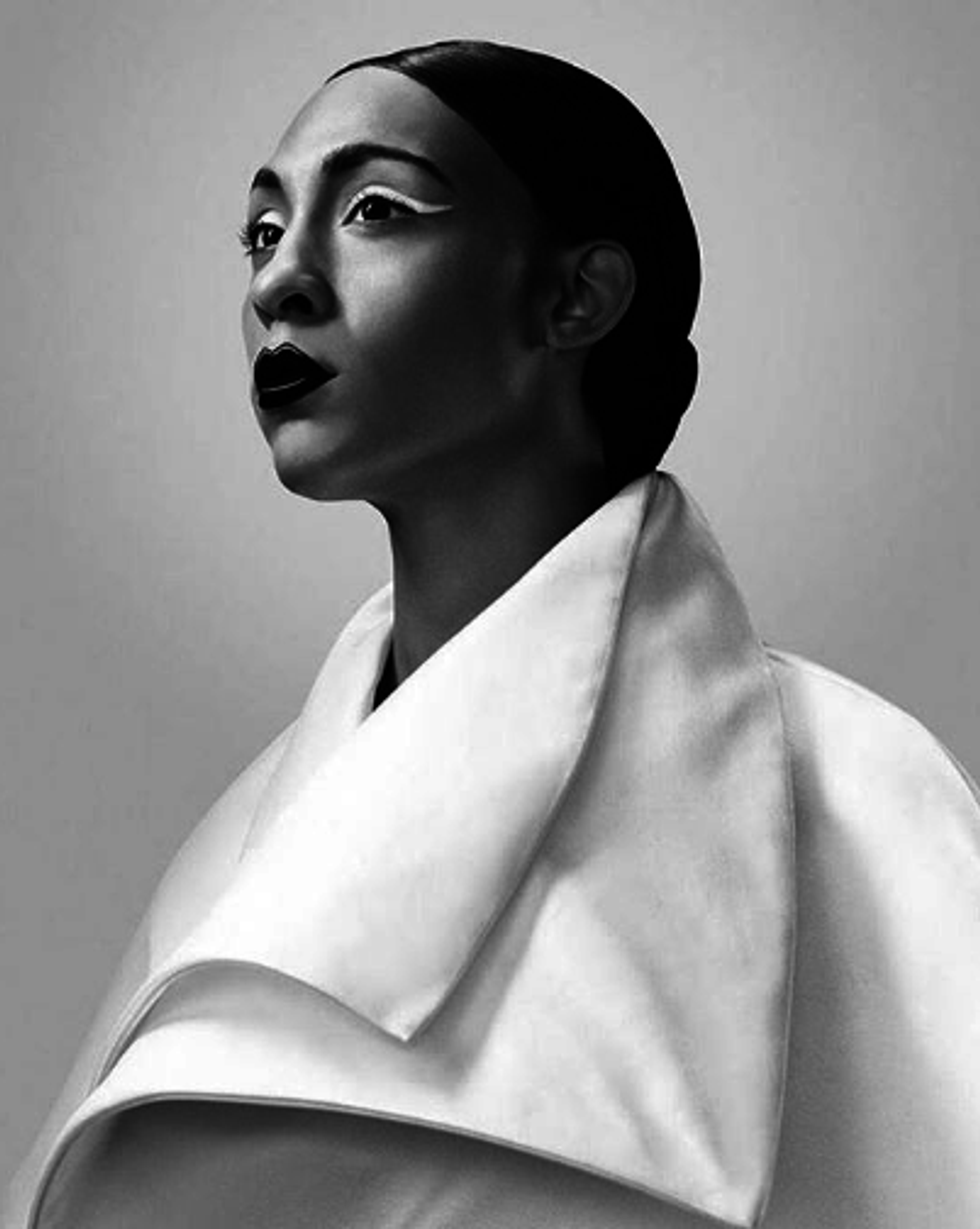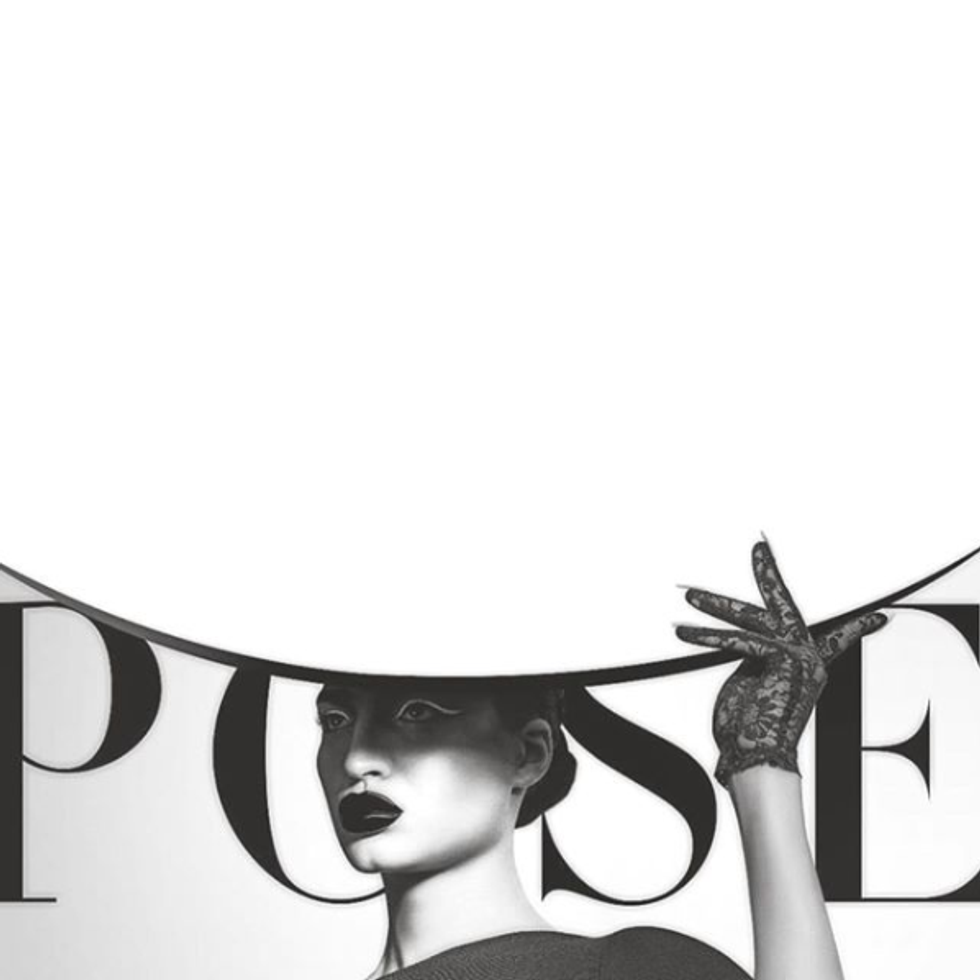Honestly, I didn't even realize that Pose was a TV show when I first started seeing advertisements for it because of how fabulous this shoot was:



I had followed Billy Porter, Indya Moore and MJ Rodriguez on Instagram already, so when I first saw the shoot, I thought it surely must be a beautiful, lux attempt by some magazine to get people excited for Pride Month, given all three are queer.
I don't know when I finally made the connection, but after I actually started watching the show on Netflix, I couldn't pull my eyes away.
I had the extreme pleasure of taking an American LGBTQ+ history course this past semester at my college, and not a day goes by where I'm not thankful for that.
I was already familiar with voguing from when I was a kid, but in that course, I learned all about the struggles of the LGBT+ community during the '80s, '90s and even early 2000s. We learned about how drag queens and trans folk would come together in common areas to socialize, regardless of how many times they were arrested for cross-dressing, loitering, or whatever else police could cook up to put them behind bars. We learned that those hot spots were often in lower-income areas where prostitution and drug abuse was common. We learned about how they held Drag Balls, which ultimately became the single place they could express themselves and support each other without retribution.
We also learned about the AIDS crisis that swept the nation: Gay men and other queer people were dying in horrific ways at massive rates, but because the political climate was heavily right-leaning after the Red Scare and Civil Rights movement of the '60s and '70s, the majority of the population genuinely believed AIDS was a plague sent by God to punish the corrupt members of society responsible for it. Therefore, President Reagan didn't even mention the epidemic until celebrity Rock Hudson passed from AIDS complications.
Reading first-hand accounts of medical professionals who dealt with AIDS victims during their last legs, watching clips of queer men and women who were terrified to love one another, and reading court documents of the US government actively opposing AIDS research, treatment and prevention made me sick to my stomach. However, I was grateful to be learning about it since so many people's lives and stories had been hidden by conservatives for so long.
You can imagine my elation to find that Pose dramatized all of these historical events and more just months after I learned about them in-depth.
But this show hits on many more points for me.
For one, I have a massive crush on Indya Moore, who I found through Instagram from following many other LGBT+ activists and trans entertainers.
What's way more important about the cast than my girl crushes, though, is that every queer character is played by an actor who identifies the same way in real life. In fact, Billy Porter and Dominique Jackson—who play Pray Tell and Elektra, respectively—are legends in Ball culture. Though many of the other cast members are too young to have been there from the start of the movement, like Porter and Jackson, their first-hand experience with the topics makes the show that much more heartbreaking, moving and sincere.
Accordingly, they do an unsurprisingly outstanding job at portraying trans and queer issues that are relevant both then and now, like discrimination within the LGBTQ+ community, queer sex education, homelessness in LGBTQ+ youth, the disproportionate struggle trans women of color face in comparison to other disadvantaged groups and how to address misgendering.
This is so important, especially now, for people to learn about. There are many LGBTQ+ people I know even today that have no idea about the community's history or how it affects today's reality. Some people frankly don't even care. For these people, I think we owe it to those who paved the way before us to be educated on their struggles and sacrifice.
For straight, cisht people who come across it, Pose might be a glimpse into a world they'd never even heard of, let alone cared about.
Because of these viewers, it becomes that much more important for people to learn about these things straight from the horse's mouth, and not by some watered-down, distorted interpretation of the truth. Pose gives us that.
When I first sat down to write this article, I had every intention of going into all my favorite scenes in detail complete with my feelings about each one. However, in the spirit of Pride season, you'll just have to go to Netflix and see for yourself.


















